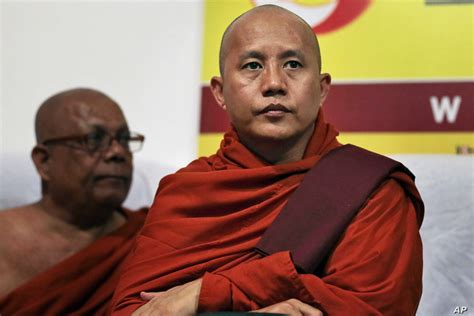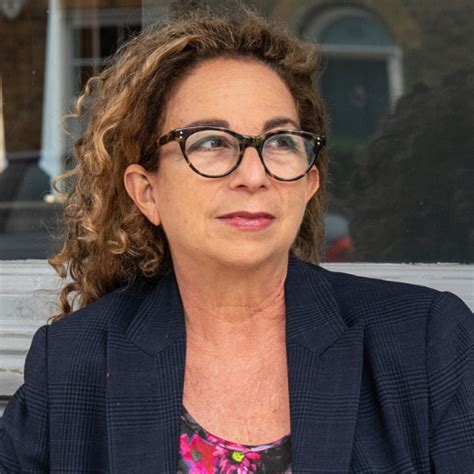A Quote by Pico Iyer
Dalai Lama was leading his country during the rigors of World War II, he was in Beijing for a year in 1954; he was up against Mao Zedong and Zhou Enlai from the time that he was fifteen. So he's no newcomer or naive when it comes to politics.
Related Quotes
When he served in China during World War II, [Ho Chi Minh] learned about Mao Zedong's tactics of guerrilla war against the Japanese (and later against Chiang Kai-shek's forces), and he translated some of Mao's works into Vietnamese. But it is clear that his own ideas on how to counter the enemy ran along the same lines.
Not only did Mao Zedong Thought lead us to victory in the revolution in the past; it is - and will continue to be - a treasured possession of the Chinese Communist Party and of our country. That is why we will forever keep Chairman Mao's portrait on Tiananmen Gate as a symbol of our country, and we will always remember him as a founder of our Party and state. Moreover, we will adhere to Mao Zedong Thought. We will not do to Chairman Mao what Khrushchev did to Stalin.
Dalai Lama is transforming those criteria - and the whole way of conducting politics. He's conducting politics in a much deeper way than most politicians are able to. He's the only politician I know of who's a monk. The Pope, of course, is in a similar position, but the Pope isn't in the same way leading a country of many million people.
I meditate, and when I do, Prince Harry appears in my subconscious and meditates with me. It's a little strange but I don't think there's anything I can do about it. Sometimes he's not the only one; the other day it was me, Prince Harry, the Dalai Lama, Mr. Rogers, Coco the gorilla, and George Clooney. We were all floating above the earth looking down at the continents as they passed. George Clooney suggested I visit Providence, Rhode Island. The Dalai Lama sighed deeply and said he'd like to visit Tibet. Poor Dalai Lama.
I'd spent thirty years visiting the Dalai Lama, and twenty years as a journalist going to difficult places, war zones and revolutions from North Korea to Haiti and Beirut to Sri Lanka, and the question came up: What does this man have to offer to this world which seems so torn up and so attached to conflict?
Because the US has control of the sea. Because the US has built up its wealth. Because the US is the only country in the world really not to have a war fought on its territory since the time of the Civil War ... Therefore we can afford mistakes that would kill other countries. And therefore we can take risks that they can't ... the core answer to why the United States is like this is we didn't fight World War I and World War II and the Cold War here.
It's important to remember that World War II was experienced very much as a continuity in that sense. Most of World War II in most of Europe wasn't a war; it was an occupation. The war was at the beginning and the end, except in Germany and the Soviet Union, and even there really only at the end. So the rest of time it's an occupation, which in some ways was experienced as an extension of the interwar period. World War II was simply an extreme form, in a whole new key, of the disruption of normal life that began in 1914.




































